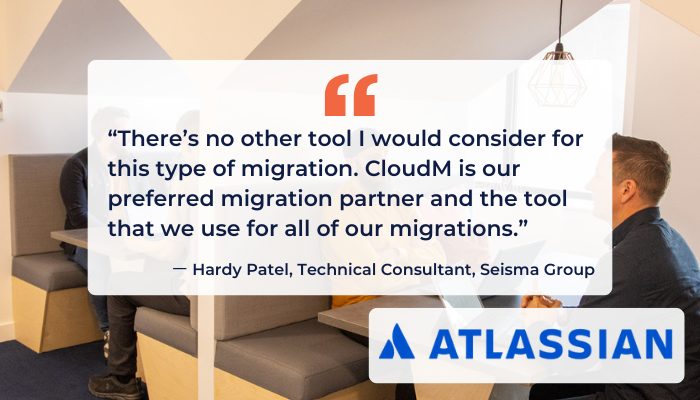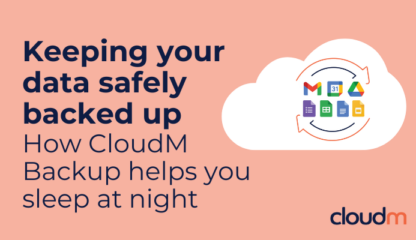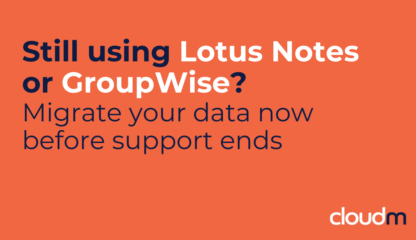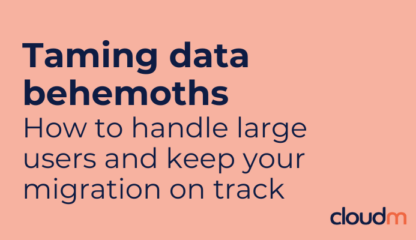The Network and Information Securities Directive (NIS) 2 aims to increase the security and resilience of essential services and digital infrastructure in the European Union. It affects essential entities (including energy, transport, and banking) and important entities (such as postal, food, and manufacturing).
The legislation came into force on 18 October 2024, following the creation of national laws based on the directive. Key requirements include risk assessment, management and prevention, incident reporting within 24 hours, and backup and disaster recovery.
Software can help mandated organisations maintain compliance and stay ahead of cybersecurity threats. Here’s what you should look for in NIS2 compliance software.
What do you need to keep in mind when choosing a new software solution?
Fines and punishments for NIS2 are stringent – up to 2% of global annual revenue. Staying compliant isn’t just a cybersecurity matter, it’s a financial one.
These software features help stay on track and ensure compliance with the NIS2 directive.
1. Automation
Under the NIS2 directive, organizations need to have regular backups so critical data can be restored following an incident. When this process is automated it reduces the risk of human error and enables business continuity. Features like automated event logging and detection also mean you’re in a better position to meet the 24-hour incident response time.
2. Support
With just 24 hours to respond to an incident, additional support from your software vendor can be a lifeline.
Responsive, round-the-clock support helps you navigate incidents swiftly and effectively within 24 hours. Beyond incident support, modern software providers also offer guidance and training on how to use tools effectively, so you can ensure future NIS2 compliance and be prepared for what’s ahead.
3. Security and compliance
Effective prevention can help you avoid the most harmful situations. Using end-to-end encryption, single sign-on, multi-factor authentication, and role-based access controls protects your data. Your software provider should also meet security standards, such as ISO 27001, which demonstrates they use data protection best practices.
4. Incident reporting
You need fast and comprehensive incident reporting mechanisms to meet the 24-hour requirement for NIS2 compliance.
Real-time monitoring, alerting, and automated logging of suspicious or unusual activity can help you achieve this. These features enable your security team to respond effectively before any damage is done – and means instead of searching for the specific cause, they can focus on solutions for recovery first.
5. Disaster recovery
As the spate of recent NHS cyberattacks prove, security breaches are a real threat, with serious consequences for organizations.
Data recovery tools help to ensure business continuity. Frequent, automated data backups enable you to recover the most recent file versions. Flexible restoration options – such as folder, user, and item-specific recovery – can be particularly helpful if you only need to complete a partial restoration.
6. Scalability and flexibility
Organizational data grows as your business does, and the ability to handle more of it is essential for NIS2 compliance. Every piece of data your organization gains is something that could leak or be accessed by a cybercriminal.
Finding software that’s scalable and flexible will help you maintain business continuity. Whether you’re responding to regulatory or organizational changes, having software that grows with you and updates in line with new legislation is key.
7. Data protection and privacy
Strict data retention controls – including the ability to wipe data as needed and limit access to business-critical data – can help you meet NIS2 directive risk management requirements.
Security requirements differ in every region, and your software should be able to accommodate these variations. Consider the range of security standards your organization needs to meet – and whether your chosen provider is set up for future changes.
8. Customizable security settings
All organizations require different levels of data access. Getting this right can help you meet NIS2 risk management, incident prevention, and corporate accountability requirements.
Opt for software with adjustable access levels and protocols depending on organization size and the amount of data. By assigning specific permissions to people in your organization, you can limit the risk of data falling into the wrong hands.
CloudM helps you meet the NIS2 implementation requirements with Backup, our solution for preventing data loss and ensuring recovery and restoration. Backup keeps data protected in the background, while you’re free to focus on the business.
Watch our on-demand webinar for help with NIS2 compliance software options












